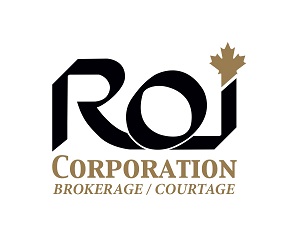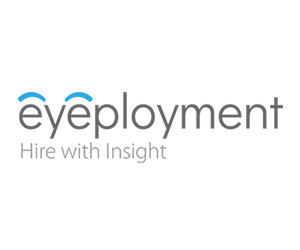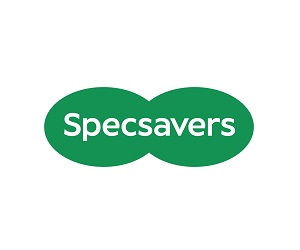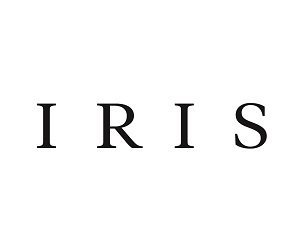
Tax planning is a vital part of managing your financial health, and it doesn’t need to wait until the year-end rush. Incorporating strategic tax-saving measures throughout the year can lead to significant benefits. Here are some practical tips for managing your finances with tax efficiency in mind.
- Review Your Capital Gains and Losses Strategy
- Offset Gains with Losses: If you’ve realized capital gains, consider triggering capital losses to offset them. This can help avoid higher tax rates, especially for gains incurred after June 25, 2024, where gains over $250,000 are taxed at a higher 66.7% inclusion rate*.
- Corporate Impacts: For corporations, managing capital gains* is crucial to avoid surpassing the $50,000 passive income threshold, which can claw back your small business deduction (SBD). Offsetting gains with losses could save up to 12% in taxes on active business income for those in Alberta for example.
- Carry Forward or Back: Capital losses can be applied to the current year, carried back three years, or carried forward indefinitely.
- Business Sales: If you’re selling a business, consider spreading the taxable gain over five years using the capital gains reserve, especially if a sale of qualified shares exceeds your Lifetime Capital Gains Exemption (LCGE).
- Explore Allowable Business Investment Losses (ABILs)
ABILs apply to losses from disposing of shares or debts in a Canadian-controlled private corporation (CCPC). These losses can offset any income type, providing more flexibility than regular capital losses. Ensure the loss meets CRA criteria.
- Make Tax-Efficient Charitable Donations
- Donate Appreciated Securities: Donating investments with significant gains allows you to avoid capital gains tax while receiving a tax credit.
- Corporate Donations: Corporations donating in-kind securities benefit even further. On top of the donation receipt the corporation will receive, 100% of the capital gain gets notated to the capital dividend account (CDA).
- Optimize Registered Accounts
Tax-Free Savings Account (TFSA)
- Planning a withdrawal? Do it before year-end to restore contribution room on January 1.
First Home Savings Account (FHSA)
- Open an FHSA before year-end to generate $8,000 of contribution room which can be carried forward a year.
- Accelerate your home savings by contributing to your FHSA before year end to reduce your 2024 taxable income.
Registered Education Savings Plan (RESP)
- Maximize the Canada Education Savings Grant (CESG) by contributing at least $2,500 per child. Catch up on unused grant room if available.
- Plan RRSP Contributions and Withdrawals
- Contribution Deadline: The RRSP contribution deadline for the 2024 tax year is March 3, 2025.
- Spousal RRSPs: make contributions before year-end to reduce the time needed to clear income attribution rules on withdrawals.
- Age Considerations: If you turn 71 this year, ensure you roll your RRSP over to a RRIF prior to year end. Consider making an advanced contribution to your RRSP prior to conversion if you will generate additional room for 2025. Remember, over contributions are subject to penalty, but this overcontribution will only last until January 2025.
- Manage Non-Deductible Debt
A debt-swap using income-earning investments can help you save money by converting non-deductible interest (eg., on mortgages or consumer debt) to deductible interest.
- Identify Income-Splitting Opportunities
- Prescribed Rate Loans: Consider a prescribed-rate loan to a spouse or common-law partner. The 2024 prescribed rate is 5%. Ensure proper documentation and timely interest payments.
- Second Generation Income: Monitor assets gifted to family members, as income attribution rules don’t apply to second-generation income.
- Optimize Corporate Ownership Strategies
- Tax-Efficient Loans: If your corporation provides no or low interest loans to employees or shareholders, the 2024 taxable benefit rate is 5%.
- Deferred Bonuses: Declaring bonuses in 2024 you can defer payment up to 180 days, permitting a personal tax deferral to 2025.
- Compensation Mix: Review your mix of salary and dividends. Dividends can be further classified into eligible, ineligible, and capital for tax efficiency.
- Shareholder Loan Repayments: Repay loans borrowed from your corporation within the two-year window to avoid inclusion in personal income.
Final Thoughts
Tax planning isn’t just a year-end activity; it’s a year-round process that integrates your business and personal financial goals. Reviewing these strategies with your financial planner, tax accountant, and lawyer ensures alignment with your unique situation. Small adjustments today can yield significant long-term benefits, so start your planning early and review it often. Contact us at 780-261-3098 or email (Roxanne@C3wealthadvisors.ca) to set up your next conversation.
*note that this tax change has not yet been made into law. The 66.7% inclusion rate also applies to all corporate capital gains and losses as of June 25, 2024.
Roxanne Arnal is a CFP®, former Optometrist, Professional Corporation President, and practice owner. Today she is on a mission to Empower You & Your Wealth with Clarity, Confidence & Control.
These articles are for information purposes only and are not a replacement for personal financial and tax planning. Individual circumstances and needs vary. Tax strategies should also be discussed with your tax accountant and lawyer. Errors and Omissions exempt.

ROXANNE ARNAL,
Optometrist and Certified Financial Planner
Roxanne Arnal graduated from UW School of Optometry in 1995 and is a past-president of the Alberta Association of Optometrists (AAO) and the Canadian Association of Optometry Students (CAOS). She subsequently built a thriving optometric practice in rural Alberta.
Roxanne took the decision in 2012 to leave optometry and become a financial planning professional. She now focuses on providing services to Optometrists with a plan to parlay her unique expertise to help optometric practices and their families across the country meet their goals through astute financial planning and decision making.
Roxanne splits EWO podcast hosting duties with Dr. Glen Chiasson.





















